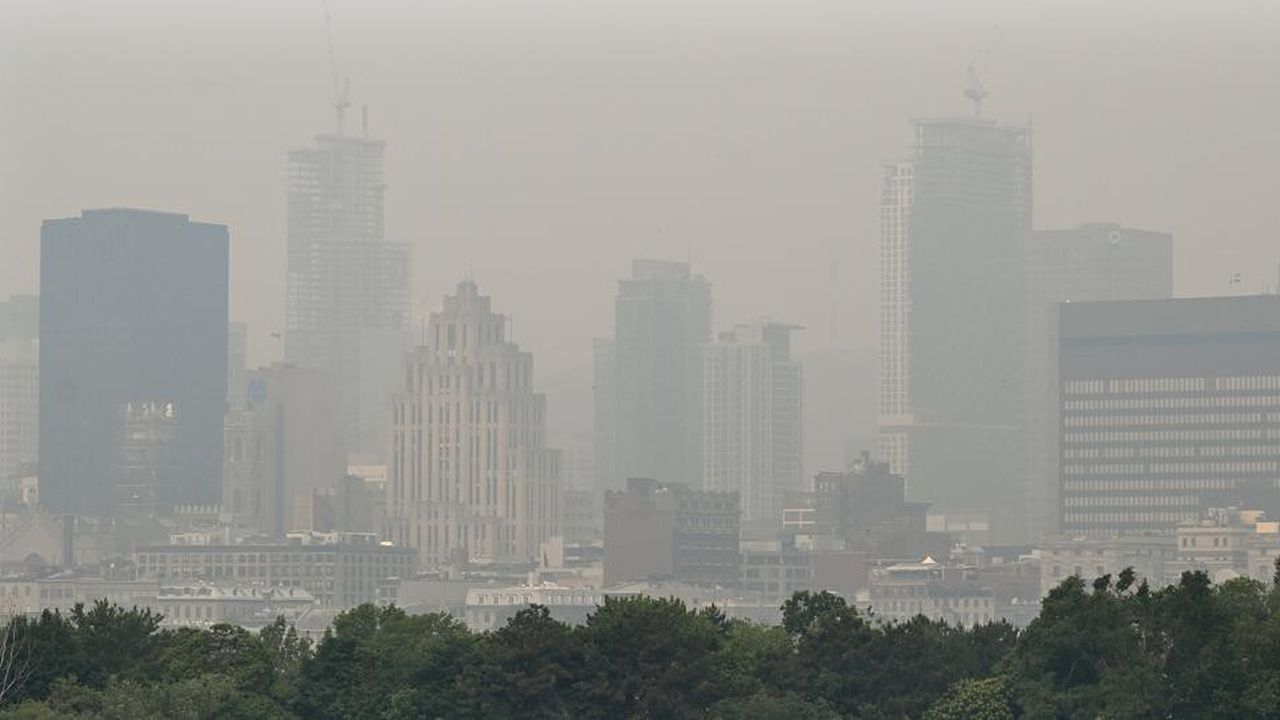Surrealism and ecology in French-speaking countries
From June 15 to 19, 2024 at McGill University, Montreal (Canada)
Fight
“The fauna and flora of surrealism are indescribable,” writes André Breton in the first Manifesto of Surrealism (1924). This text marks the official birth of the Surrealist movement, revealing the ecological bias underlying its origins and testifying to the rejection of industrial and technological progress and the Comtian idea of the rise of scientific man (Roberts, 2016). By favoring the egalitarian forces of the unconscious, the surrealists destabilized the Cartesian notion of the coherent self and man’s undeniable power over nature (Noheden, 2022). This workshop, celebrating the centenary of the Surrealist movement in 2024, therefore proposes to examine the question of ecology in Surrealism from both a historical and contemporary perspective.
As a noun, “ecology” has two main meanings. First of all, he referred to this science, “whose subject is the relationships of living beings (animals, plants, microorganisms) to their environment and to other living beings” (Larousse). In a more recent sense, ecology, as a synonym for environmental protection, means a “position dominated by the concern to protect nature and man himself from various pollutions, changes and destruction resulting from the activities of industrial societies” (Larousse). Both the science and the political position: Ecology, initially pushed into the background by technical progress and a victim of capitalist imperatives since the industrial revolution, is at the center of current political, philosophical and artistic discourses. This is evidenced by the dynamics of ecocriticism in contemporary literary and cultural studies. As a “zone of exchange” (Penot-Lacassagne, 2022), the latter has the potential to highlight a plurality of perspectives and expressions by revising the hierarchies inherited from humanism. In this way, ecocriticism demands that we return to the “rejected” narratives of the past, that is, those rejected and distrusted by dominant discourses, in order to better understand the mechanisms of criticism of modern humanism (Penot-Lacassagne , 2022). ). The return to surrealism in this thematic series therefore means highlighting within the movement itself a decisive development in the relationship between man and nature, which was shaped by the catastrophes of the 20th century. In fact, nature occupies a central but different place in postwar surrealism. The disasters of Hiroshima and Nagasaki forced the surrealists “to leave the forest, and the transition from imaginary catastrophe to real catastrophe finally ended the revolutionary rhetoric of the interwar period” (Frémond, P. 2.). By criticizing Christianity and the imagination of classical antiquity in their attempt to “undo” humanism (Slavkova, 2009), the Surrealists rejected the universal and exclusive category of human, which historically also included women, racialized people, queers excluded humans and other non-humans – hegemonic subjects in order to orient them towards other possibilities of being. As Breton noted in 1942, “Man may not be the center, the focal point of the universe.” (Prolegomena, P. 14). In this way, the study of ecology in surrealism has the ability to pave the way to a plurality of perspectives that deconstruct dominant discourses by revealing the role that race, gender and sexuality play in them. This is evidenced by the postcolonial writings of Aimé and Suzanne Césaire or the works of various surrealist painters who highlight perspectives that can be considered feminist or queer, such as those of Leonora Carrington, Leonor Fini and Bona de Mandiargues. From the unsettling landscapes of the paintings of Magritte, Ernst and Dalí to the dazzling nature in which man is no longer the master The Farmer of Paris (1926) by Louis Aragon and Arcanum 17 (1945) by André Breton, through the contemporary writings of Annie Le Brun, The Ecology of Surrealism reveals both poetic and political themes that prove very timely.
So for us it’s about uncovering the transgressive and transformative power of nature in all forms of surrealism – literature, art, cinema, magazines, theories, etc. – its connection to the unconscious and desire and its role as a bearer of this natural knowledge and revolutionary force. We will analyze the various mechanisms by which the Surrealists transcended the categories of humanism and forged new connections to the natural world as well as to the self and the other.
We invite researchers to propose communications inspired by the following axes (non-exhaustive list) related to Surrealism:
– The fauna and the flora
– Hybridity
– Natural Science
– Surrealism and Romanticism
– Ecocriticism
– Ecofeminisms
– Postcolonialism, decolonization
– Queer Ecologies/Animals
– Nature/Culture
– Biology
– Posthumanisms / postanthropocentrisms
– Environments and Eros
Conditions of Participation
Deadline for submission of proposals (title, abstract of 250-300 words, address, affiliation and biobibliographic reference of 150 words) to brianna.mullin@mail.utoronto.ca and james.cahill@utoronto.ca: on January 15, 2024.
The 2024 APFUCC Annual Conference will be held in person. It is being held as part of the annual conference of the Social Sciences and Humanities Federation of Canada and the Federation is not offering support for online presentations this year.
Individuals who have submitted a communication proposal will receive a message from those responsible for the workshop by January 30, 2024 informing them of their decision. APFUCC membership is required to attend the conference. You must also pay the Humanities Congress participation fees and the APFUCC conference fees. We would be happy to send you further information on this topic. You can only submit one communication proposal for the 2024 conference, presented in French (the official language of the APFUCC).
Works mentioned
BRETON, Andre: Manifesto of Surrealism [1924] In Complete Works, Vol. 1, Marguerite Bonnet et al. (Director), Paris, Gallimard, Coll. “Library of the Pléiade”, 1988, pp. 309-346; Prolegomena to a third manifesto of surrealism or not [1942] In Complete Works, Flight. 3, Marguerite Bonnet et al. (Director), Paris, Gallimard, Coll. “Library of the Pléiade”, 1999, pp. 3-15.
FREMOND, Emilie. “Demands melodies. Annie Le Brun or the invention of passionate ecology”, Eleven XX-XXI, not. 11, Ecocritical Breaks, in the foreground, 2022, 24p.
NOHEDEN, Kristoffer. “Towards total animism. Surrealism and Nature” in The Routledge Companion to SurrealismKirsten Strom (director), London-New York, Routledge, 2022.
PENOT-LACASSAGNE, Olivier. “Ecocriticism: Front Line”, Elf XX-XXI, n. 11, Ecocritical breaks are in the foreground2022, 27p.
ROBERTS, Donna. “The Ecological Imperative” in surrealismKrzysztof Fijalkowski and Michael Richardson (eds.), London-New York, Routledge, 2016, pp. 217-227.
Slawkowa, Iveta. “The Surrealist Revolution: Collective Work to Undo Humanist Discourse” in The Surrealist FactoryFrançoise Py and Maryse Vassevière (directors), Paris, 2009, pp. 187-207.

Total web buff. Student. Tv enthusiast. Evil thinker. Travelaholic. Proud bacon guru.




-MO-10-MINO_GENERIC_WEB_CARDS_TEMPLATE_NEWS-RELEASE-TITLE_FR.jpg)


